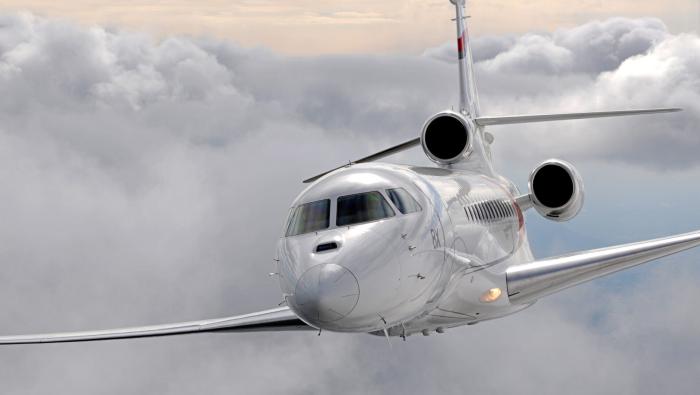Fiat Chrysler Automobiles (FCA) is partnering with eVTOL developer Archer to provide composite materials and engineering support for the four-passenger aircraft due to be unveiled this year. The U.S.-based carmaker, which has not disclosed whether it is making a direct investment in Archer, is following the lead of Asian rivals Hyundai and Toyota, which have both made big financial commitments to the advanced air mobility sector.
California-based Archer, which launched in May, plans to start volume production of its unnamed aircraft by 2023 and begin commercial operations it describes as “airline” service in 2024. This year, it expects to begin flight testing a full-scale prototype for an all-electric fixed-wing aircraft that would fly up to 60 miles at speeds of 150 mph.
In a January 12 announcement, FCA, which makes Chrysler, Dodge, Jeep, and Ram vehicles, did not say whether it will actually manufacture Archer’s aircraft. “Archer will benefit from FCA’s low-cost supply chain and advanced composite material capability, and design and engineering expertise,” a spokesman for Archer told AIN. “We have already tapped into FCA’s extensive design expertise, collaborating with the company on elements of the cockpit design of our first full-scale aircraft.”
Archer’s financial backers include Walmart eCommerce CEO Marc Lore, as well as cofounders and co-CEOs Brett Adcock and Adam Goldstein, who sold their recruitment platform Vettery to the Adecco Group for $100 million. The company has recruited several engineers from rival eVTOL startups, including former Wisk engineering v-p Tom Muniz and Geoff Bower, who was formerly chief engineer with Airbus’s Vahana project. Archer's 40-strong team also includes engineers from Joby Aviation and NASA.
Few technical details about the Archer aircraft have been published, but concept images show what appear to be six tilting propellers on the wing and a V-shaped tail. The company has indicated that maximum takeoff weight will not exceed 7,000 pounds to comply with EASA's new special conditions certification rules for eVTOL aircraft. Archer also said it is now working with the FAA “to evaluate design and compliance approaches.”
Archer previously indicated that it might take until the end of 2021 to refine the design and build an 80 percent scale demonstrator to begin flight tests. But an announcement this week suggests it might be somewhat ahead of schedule with the program, having already flown subscale models.
In an interview last year, Goldstein estimated that getting an eVTOL into commercial service is likely to cost in excess of $1 billion. He said Archer would seek strategic investors to spread the risk.
“We’ve been hyper-focused on a customer-first approach to vehicle design and aircraft operations,” said Adcock. “Now we are working with a seasoned, industry-leading automotive partner to leverage cost benefits and experience that will allow Archer to produce thousands of aircraft reliably and affordably every single year.”
The partnership with Archer would appear to be part of FCA’s wider plans in the electric vehicle market. “Electrification within the transportation sector, whether on roads or in the air, is the future and with any new and rapidly developing technology, scale is important,” commented Doug Ostermann, v-p and head of global business development at FCA.
In September, Piper Aircraft filed a lawsuit against Archer for alleged infringement of the trademark covering its Archer family of piston-engined light aircraft. In a case filed in the U.S. District Court in Delaware, where California-based Archer was incorporated, Piper argued that Archer's use of the name infringes on its federally registered trademark and also its legal rights in Florida, where the long-standing general aviation manufacturer is headquartered. Archer and Piper have declined to comment on the status of these legal proceedings.
This story is from FutureFlight.aero, a resource developed by AIN to provide objective, independent coverage and analysis of new aviation technology, including electric aircraft developments and advanced air mobility.







